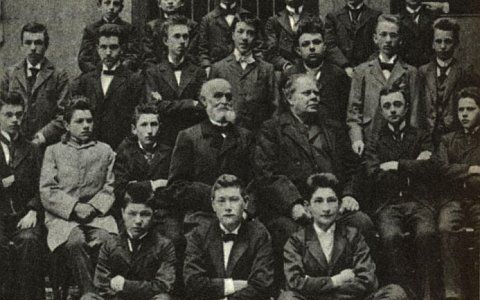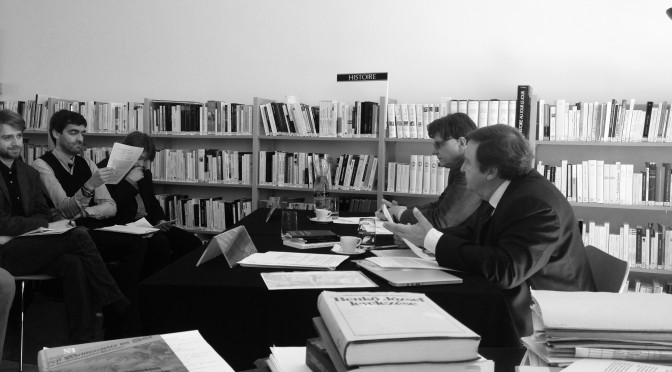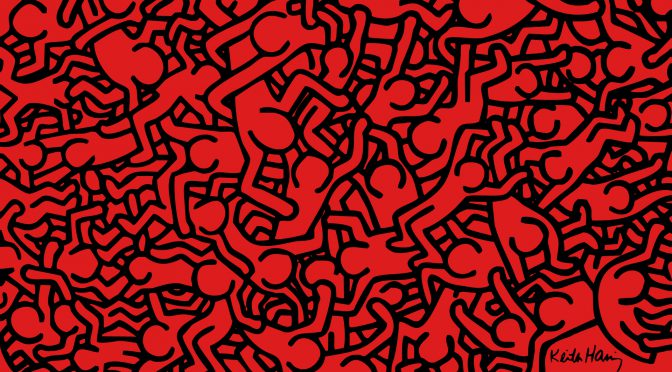 A lecture by Philippe Descola organized by the Institute of Philosophy of the Academy of Sciences and CEFRES, in cooperation with the French Institute in Prague.
A lecture by Philippe Descola organized by the Institute of Philosophy of the Academy of Sciences and CEFRES, in cooperation with the French Institute in Prague.
Where: Conference Room, Jilská 1, Prague 1
Language: English
Abstract
The key concept and methodological tool of Lévi-Straussian structural anthropology is the group of transformation. A structure, understood as a system of contrastive oppositions, only acquires an analytical dynamism thanks to its capacity to organize the transformations between the models of a same group of phenomena. For a structure to be differentiated from a mere system, then, invariant relations must be brought to light between the elements and the relations of different sets so that each of these is connected to another by the means of a transformation. However, there are different ways to conceive a structural transformation in anthropology. The lecture will explore some of them, particularly those used by the lecturer in his book Beyond Nature and Culture (2013), and will build on these results to approach the epistemological consequences of apprehending ontological pluralism as a group of transformation.
Philippe Descola graduated in philosophy from the École normale supérieure of Saint-Cloud and in ethnology from the University Paris X and EPHE. Since 2000, he has been professor at the chair in Anthropology of nature at Collège de France and he supervises the research laboratory on social anthropology (Collège de France, EHESS, CNRS). Renowned for his groundbreaking work on comparative anthropology of the relationships between human and non-human beings, he is the co-author of Nature and Society (Routledge, 1996), with G. Pálsson, and of the Dictionnaire de l’ethnologie et de l’anthropologie (PUF, 1991). He is the author of several major works attempting to transcend the traditional dualism between nature and society such as Beyond Nature and Culture (Par-delà nature et culture, 2005).
Read more on Philippe Descola



